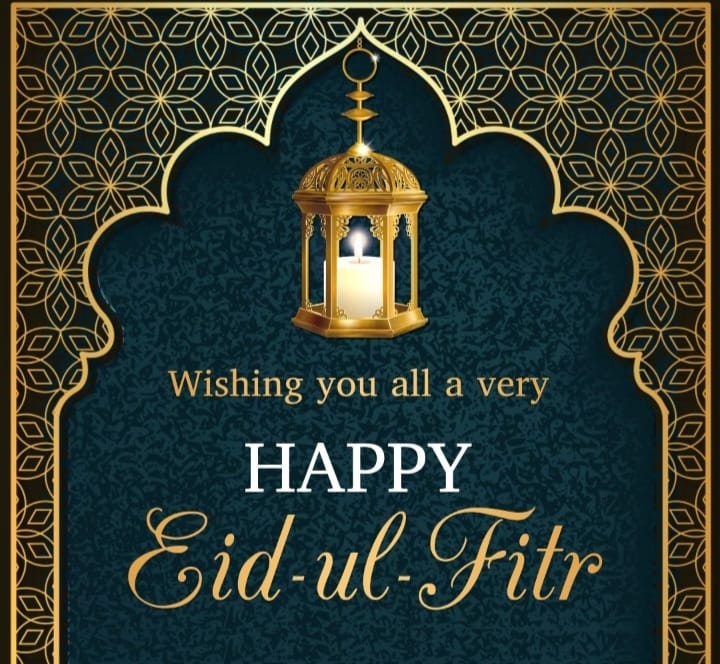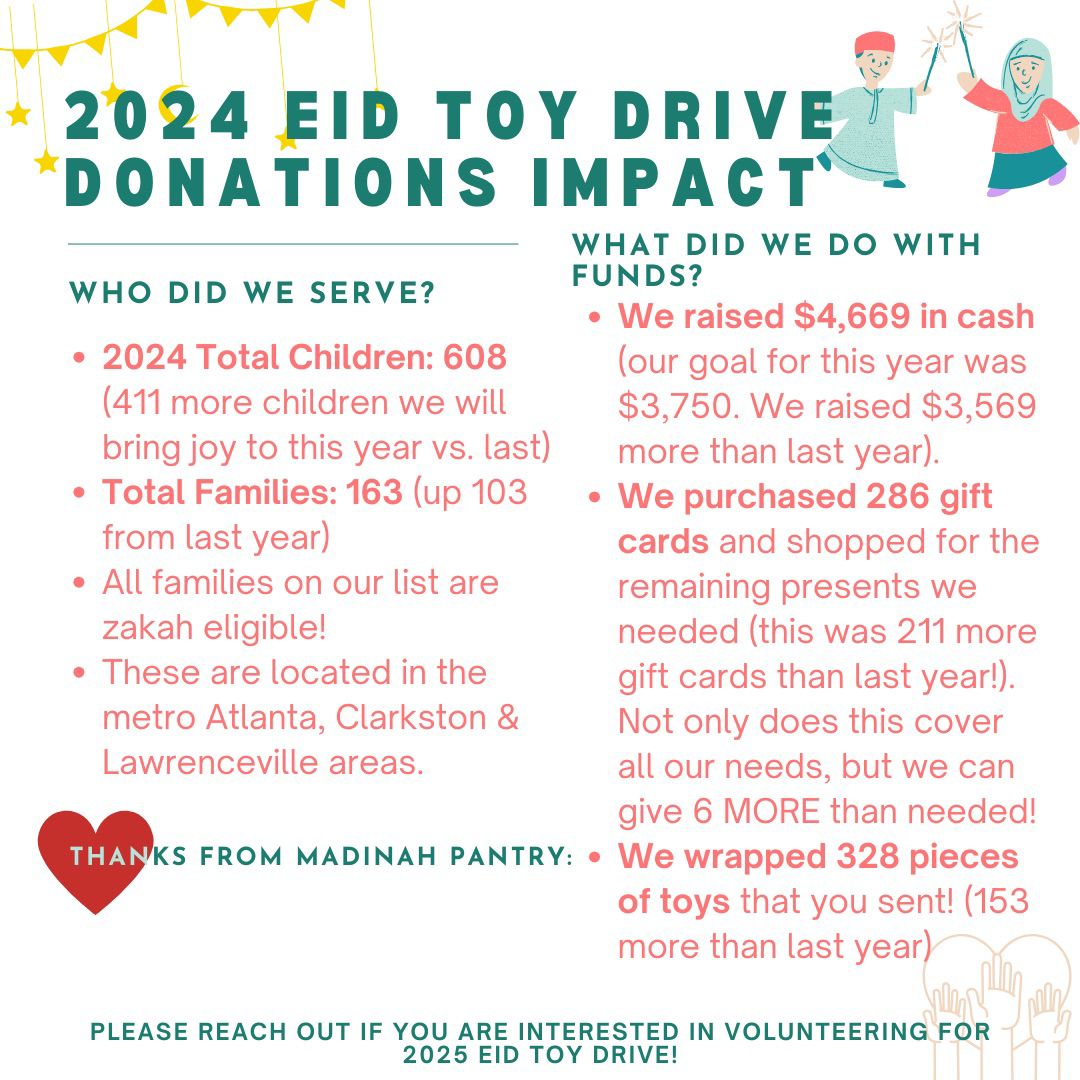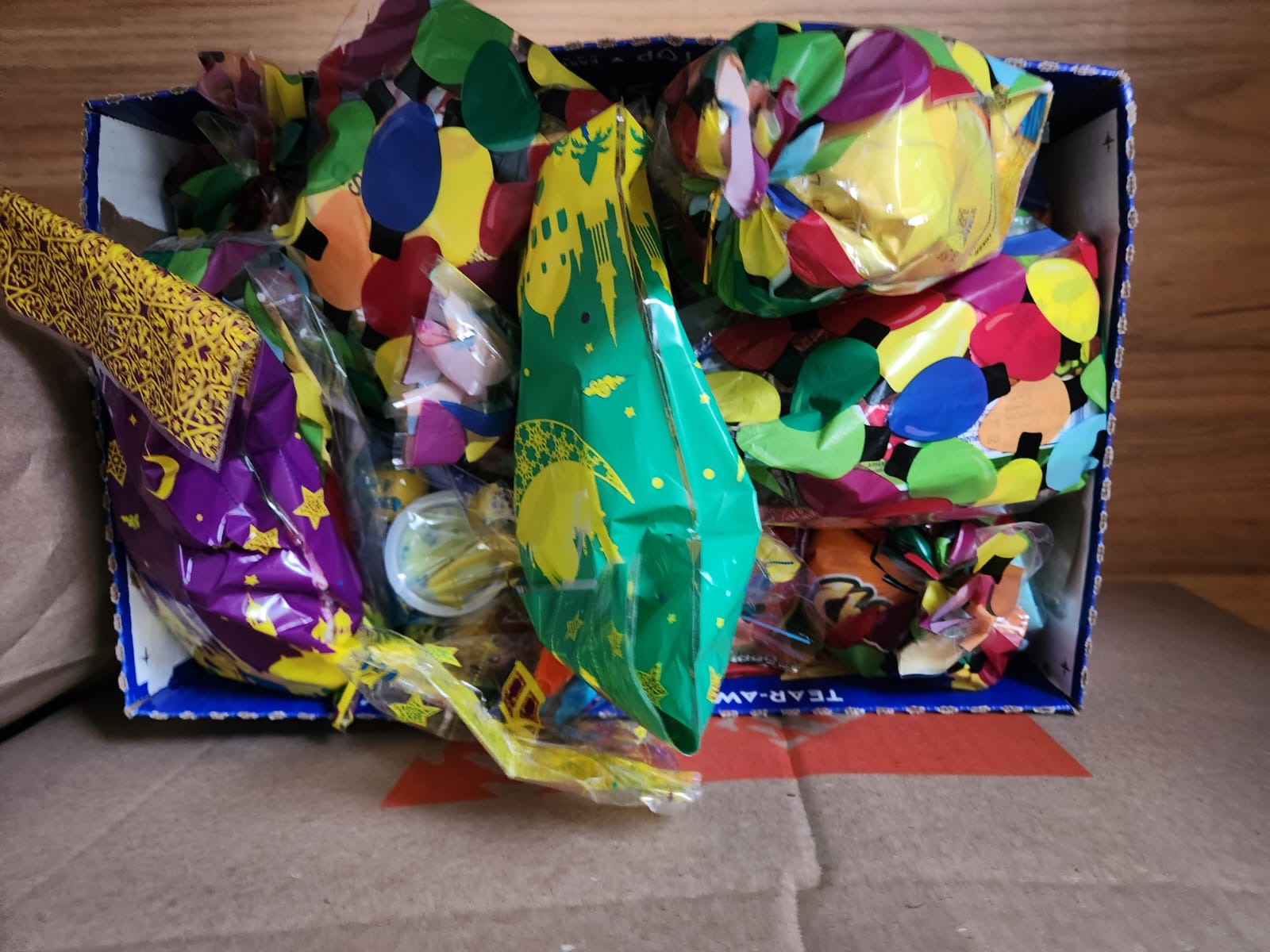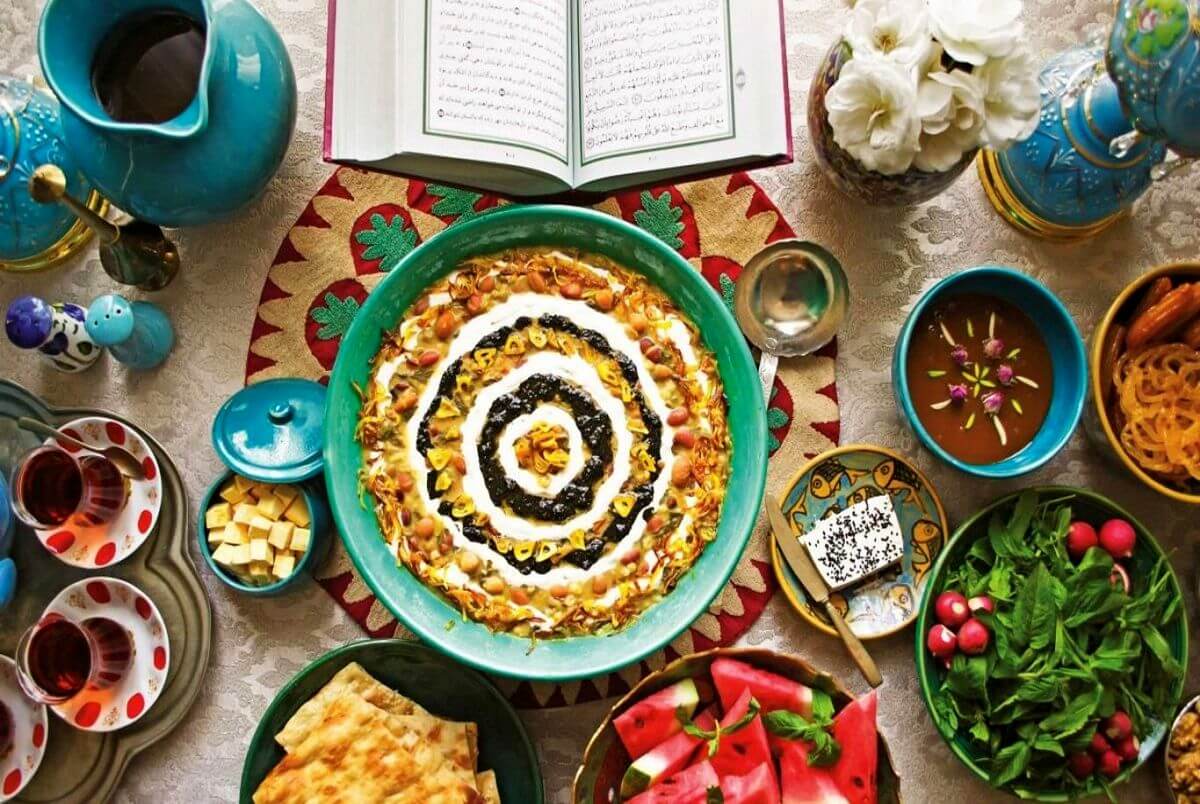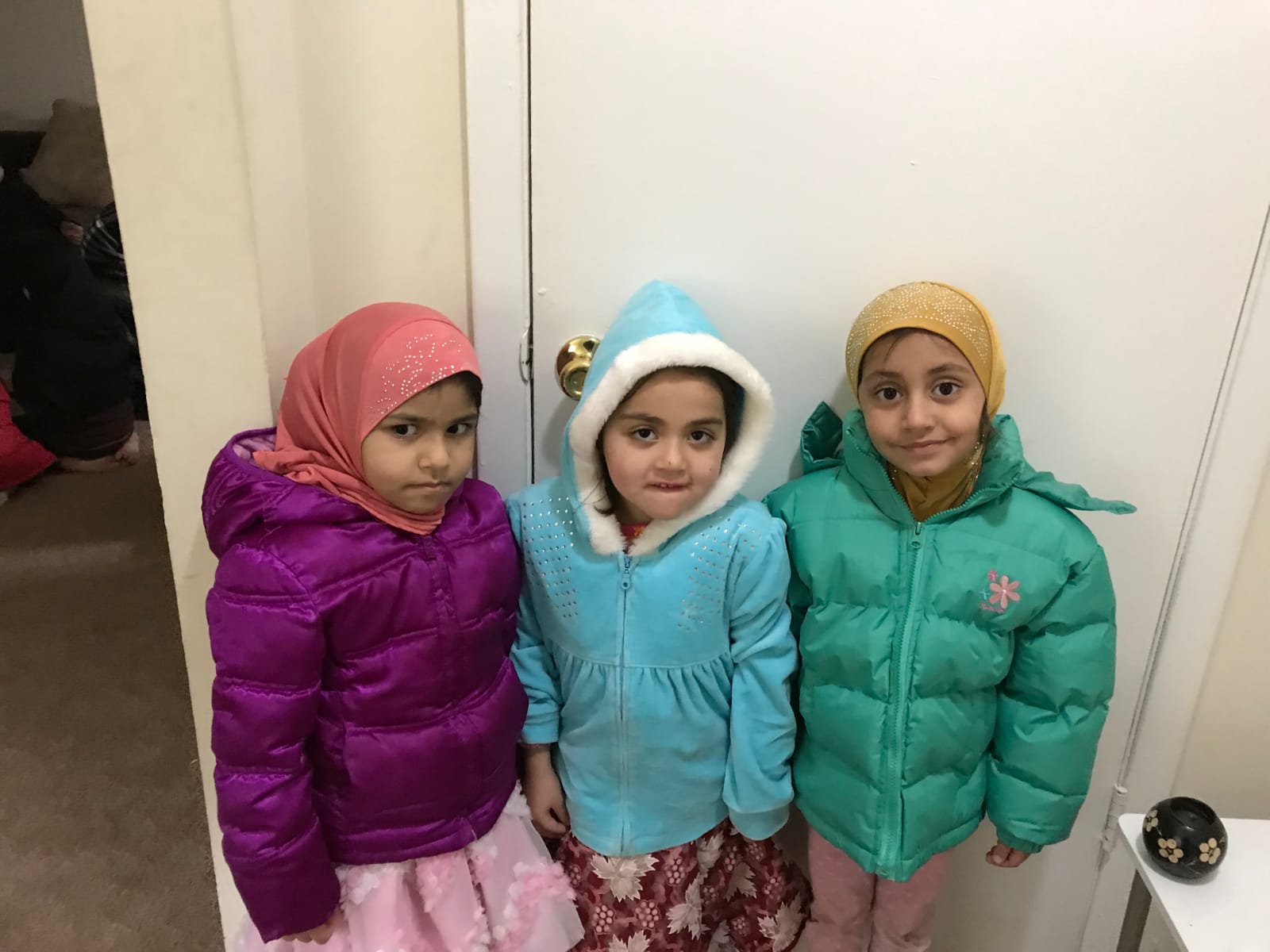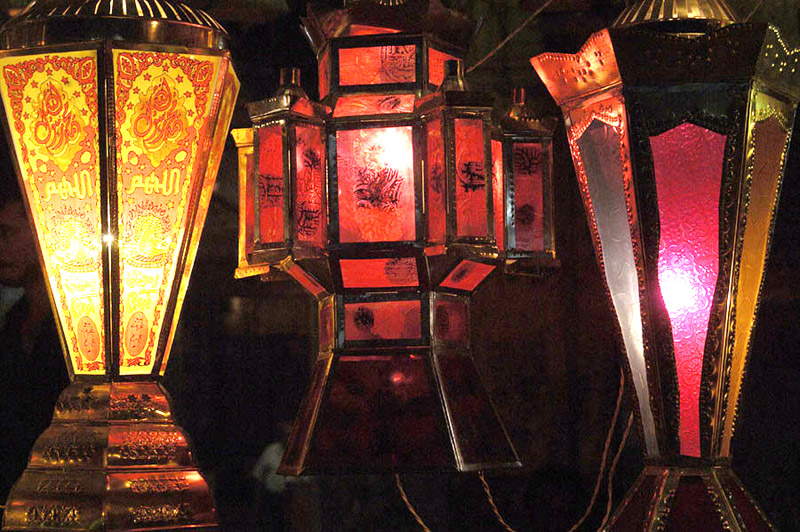
Fidya is the act of feeding the indigent in lieu of missed fasts during the blessed Month of Ramadhan. A common misconceptions is that fidya payments for missed days is all one needs to do with no need for qadhaa (making up) of missed fasts after Ramadhan. Fasts may be missed for various reasons. This may be due either to common illnesses, long term illnesses or days missed by mothers who breastfeed their infants, and ladies during their monthly difficult days.
Days missed must be made up before the advent of the next Ramadhan. As a Fardh (obligatory) act of worship, fasting during Shahrul Ramadhan takes precedence over observing missed fasts from the previous year. One stops making Qadhaa during Ramadhan and fasts with intentions for the current year. The command to pay fiyda is for the Shaykh al Faani. The Shaykh al Faani is the individual who is unable to fast due to advanced old age. Fasting itself would cause such an individual to become ill and possibly lead to death. This also applies to the youth under similar circumstances.
Allah ﷻ states:
وَعَلَی الَّذِیۡنَ یُطِیۡقُوۡنَہٗ فِدْیَۃٌ طَعَامُ مِسْکِیۡنٍؕ
Translation: “For those who can fast only with extreme difficulty, there is a way to compensate— feed a needy person.”
[Surah al-Baqarah: 184]
If this Ramadan arrives, then one must make up for previously missed fasts after Ramadhan. It is stated in the reliable Hanafi work, al-Durr al-Mukhtar:
وَلَوْ جَاءَ رَمَضَانُ الثَّانِي قُدِّمَ الْأَدَاءُ عَلَى الْقَضَاءِ وَلَا فِدْيَةَ
Translation: “If the next Ramadan arrives, its fasts will take precedence over the missed fasts (of the previous Ramadan) and there is no fidya in lieu of the latter.”
[al-Durr al-Mukhtar, vol. 3, pg. 465]
According to Hanafi Fiqh, Fidya for Ramadhan is only paid by “a person who is not able to fast at all.” This entails that the expiatory payment only applies for people whom, due to health considerations:
- Cannot fast in Ramadan and
- Cannot make up for the missed fasts at any other time of the year and
- Are not expected to ever regain the ability to make up for the missed fasts
All three conditions must be fulfilled. Otherwise one does not pay Fidya payments but has to perform the missing fasts.
This entails that:
- Someone who misses out on a few days of fasting due to a temporary illness does not pay Fidya.
- Someone who accidentally or deliberately broke the fast does not pay Fidya.
- Someone who is unable to fast this year due to surgery or the like, and is expected to recover in time fast next year does not pay Fidya.
- Someone who is unable to fast during the summer-months (long days) but can perform the make-up fasts in the winter months (shorter days) does not pay any Fidya.
- If Fidya is given then it is based on the condition that the individual young or old, will never recover from illness up to the time of death. If someone was to regain the ability to fast after having paid then the Fidya will be considered sadaqa and qadha of the missed fasts has to be made instead.
Thus, according to Hanafi Fiqh
- There is no Fidya for a woman with child, or nursing woman who does not fast during Ramadan. She performs Qadha (make-up) fasts.
- There is no Fidya if one was to delay making-up missed fasts for the current Ramadan until the next Ramadan entered.
- A young person due to health considerations that is unable to fast and is not expected to regain the ability to fast, can pay Fidya.The amount is the same as for an old person.
- Fidya is feeding one person two full meals a day or two people one full meal for each day missed.
- The person receiving the meal should be fed with dignity and fed the same types and quality of food as the one paying fidya eats.
- If there is difficulty preparing the meals, the cost of the meals may also be handed over to the needy individual.
And Allahu ta 'ala knows best.

